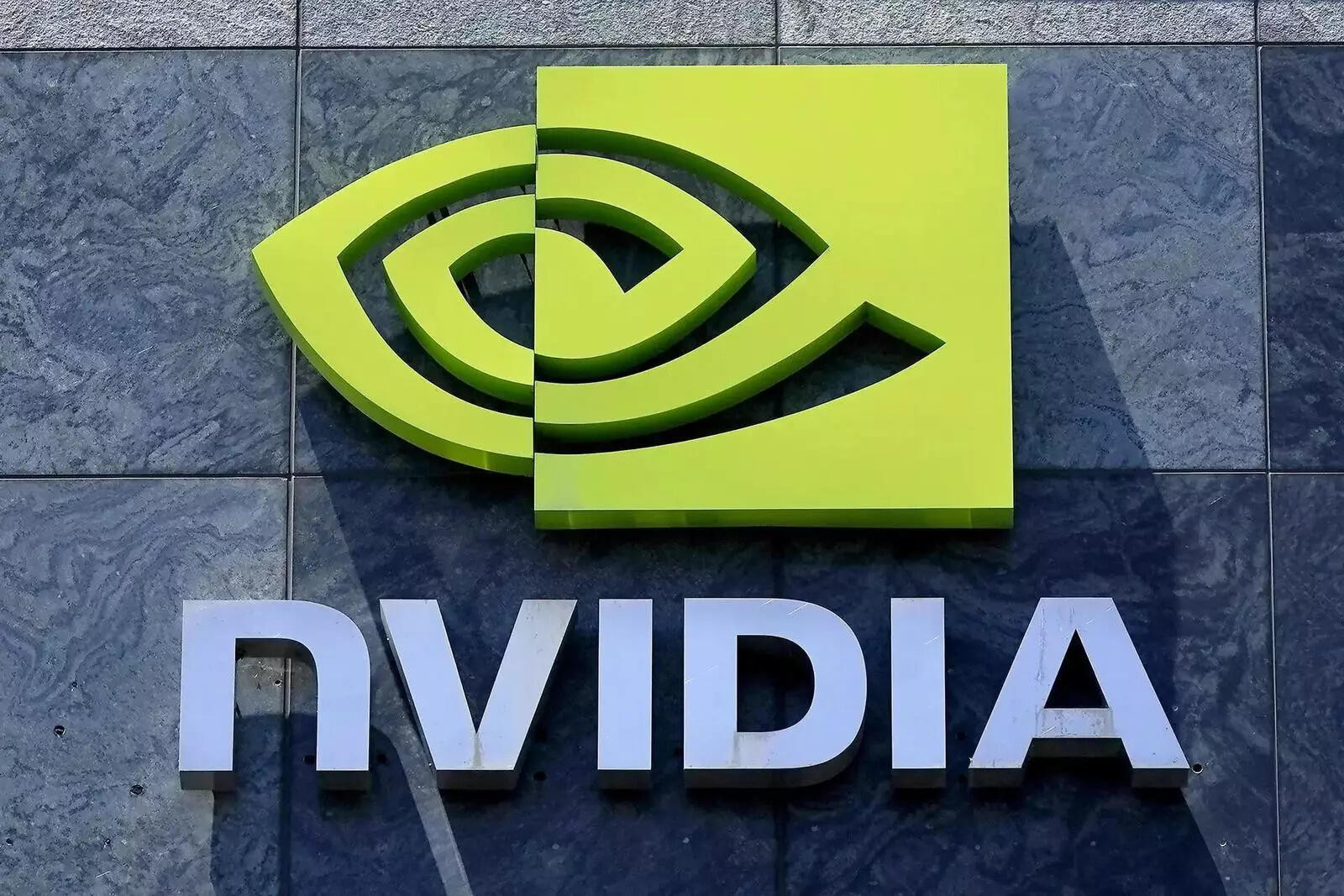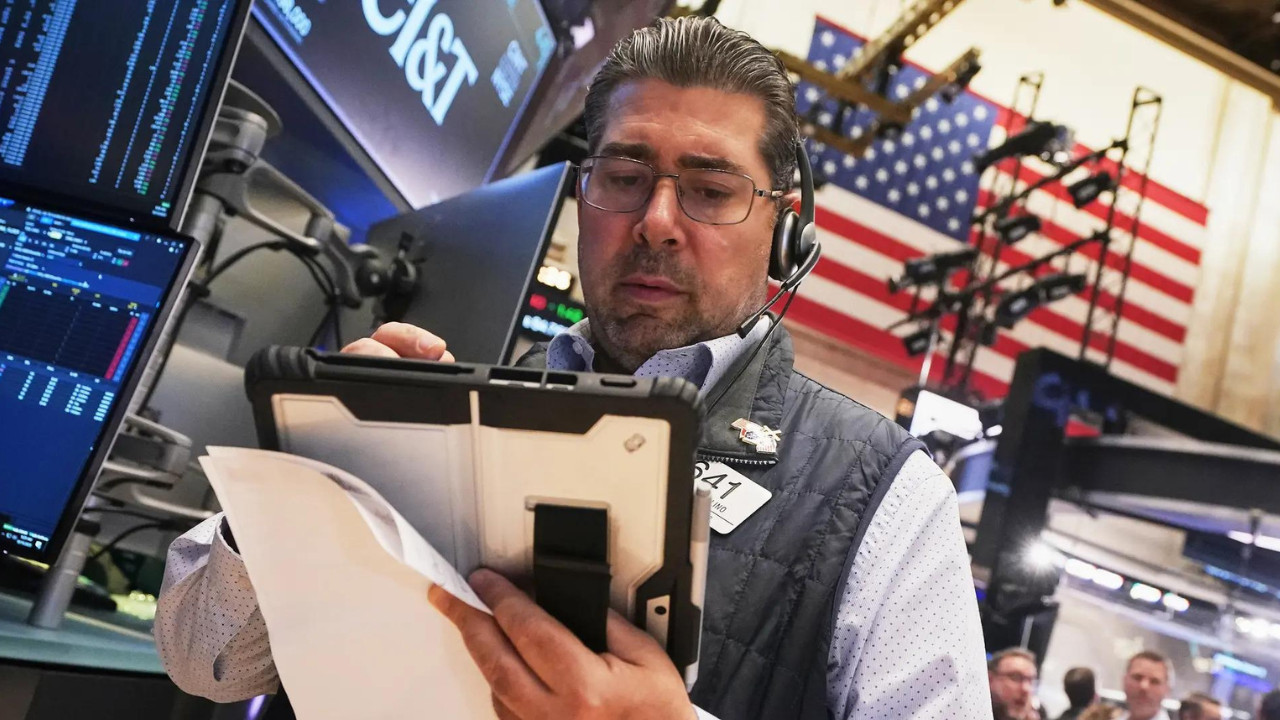Intel and Nvidia: A Surprising Alliance in Chip Manufacturing
The tech world loves a good plot twist, and the recent news surrounding Intel and Nvidia delivers just that. While these two giants have long been rivals in the semiconductor space, Nvidia is now entrusting Intel with a significant portion of its chip manufacturing. The move signifies a strategic shift in the industry and a potentially game-changing moment for Intel as it pushes to regain its footing in the foundry business.
Think of it like this: two star quarterbacks, traditionally battling it out on opposing teams, suddenly find themselves collaborating on a crucial play. It’s unexpected, intriguing, and could redefine the entire game.
Nvidia, known for its cutting-edge graphics processing units (GPUs) that power everything from gaming PCs to AI data centers, is reportedly paying Intel over $5 billion to fabricate chips. This isn’t just pocket change; it’s a substantial investment that could have far-reaching implications.
Why is Nvidia trusting Intel with chip manufacturing?
The motivations behind this collaboration are multi-layered. Firstly, diversification is key. Nvidia currently relies heavily on Taiwan Semiconductor Manufacturing Company (TSMC) for its chip production. While TSMC is a powerhouse in the industry, putting all your eggs in one basket can be risky, especially given geopolitical tensions and potential supply chain disruptions. Engaging Intel provides Nvidia with a crucial second source of manufacturing capacity, bolstering its resilience and ensuring a more stable supply of chips.
Secondly, Intel’s advanced manufacturing capabilities are improving, and Nvidia likely recognizes the potential benefits of leveraging Intel’s resources. Intel has been investing heavily in its foundry services, aiming to become a major player in the chip manufacturing market. Nvidia’s business provides Intel with a significant vote of confidence and a major financial boost, validating its strategic pivot.

What does this mean for Intel’s Foundry ambitions?
For Intel, this is a massive win. After facing setbacks and struggling to maintain its dominance in chip manufacturing, securing a high-profile client like Nvidia is a powerful endorsement. It provides not only significant revenue but also the opportunity to prove its capabilities on complex, high-performance chips. This partnership could attract other major players in the industry, solidifying Intel’s position as a viable alternative to TSMC and Samsung.
Imagine Intel as a master chef who has been working to refine their craft, facing criticism for past dishes. Landing a prestigious contract to prepare a signature dish for a world-renowned food critic (Nvidia) is a chance to showcase their improvements and win back the respect of the culinary world.
The wider impact on the tech landscape
The Nvidia-Intel collaboration sends ripples throughout the entire tech ecosystem. It demonstrates a willingness to break down traditional competitive barriers in the face of global challenges. Supply chain security and diversification are becoming paramount, and companies are exploring unconventional partnerships to mitigate risks.
This move also signals a potential shift in the balance of power in the semiconductor industry. The reliance on a few dominant players might gradually decrease as companies explore alternative manufacturing options. Intel is hoping to regain its leadership position, and this collaboration could be a critical step in that direction.
Furthermore, the increased competition in chip manufacturing could ultimately benefit consumers. A more diverse and resilient supply chain translates to potentially lower prices, faster innovation, and a more stable availability of cutting-edge technology.
Looking ahead: A new era of collaboration?
Will this collaboration be a one-off deal, or will it pave the way for more partnerships between traditionally competitive companies? The answer remains uncertain, but the signals suggest a willingness to adapt and embrace new strategies in a rapidly evolving technological landscape. The Nvidia-Intel alliance is a powerful reminder that even fierce rivals can find common ground when it serves their mutual interests and strengthens the overall ecosystem. It is a significant development in the story of chip manufacturing. As Intel continues to ramp up its foundry services, the impact on the industry will be something to watch.







